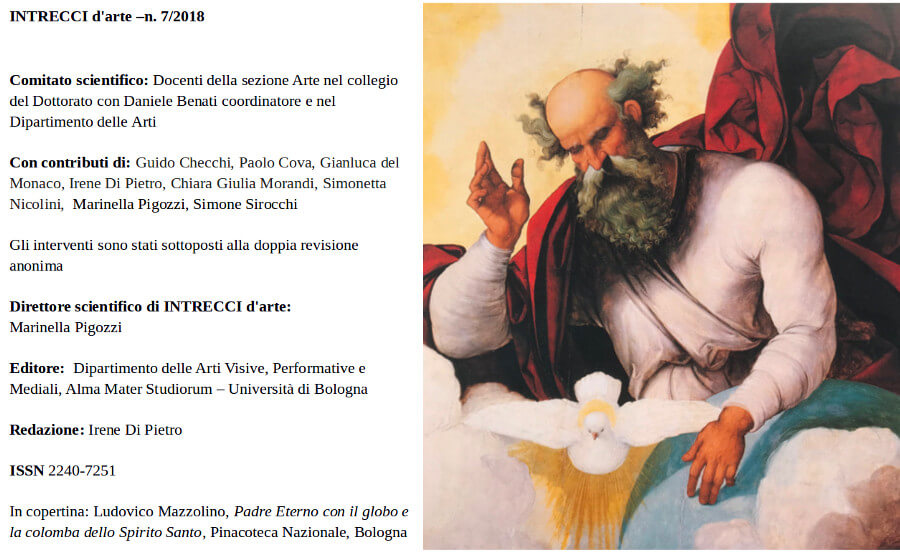Iconoclasm in the German engravings in XVI century
DOI:
https://doi.org/10.6092/issn.2240-7251/8645Keywords:
Iconoclasm in Germany, engravings in XVI century, Thomas Murner, Erhard Schön, Heinrich Vogtherr, Martin Lutero, Ulrich ZwingliAbstract
The role of the religious images, mainly discussed, in the polemic between catholics and protestants, under the historic and theological point of view, has been reflected in some German engravings, representing iconoclasm scenes.
The iconoclastic riots were denounced in some woodcuts from 1522, in the catholic work Von dem grossen lutherischen narren by franciscan Thomas Murner, part of longer contentious with Luther. The pamphlet, illustrated by Dürer’s pupil, Erhard Schön, shows the moderate position of the Luthern side, where the sacred images are seen as unarmed and subordinate to the man will.
Heinrich Vogtherr’s engravings, trained at the Augsburg school, belong to the most radical Zwingli iconoclasm. These prints recall the historic example of the Iconoclasm in the Old Testament and in that Byzantine in VIII century, led by authority.
Downloads
Published
How to Cite
Issue
Section
License
Copyright (c) 2018 Guido Checchi
The copyrights of all the texts on this journal belong to the respective authors without restrictions.
This journal is licensed under a Creative Commons Attribution 4.0 International License (full legal code).
See also our Open Access Policy.
Images and photographs may have different terms of license.
In making material available online the Journal acts in good faith. Parties who have questions or who wish to contest the use of specific works may contact the Editor in chief.
Metadata
All the metadata of the published material is released in the public domain and may be used by anyone free of charge. This includes references.
Metadata — including references — may be re-used in any medium without prior permission for both not-for-profit and for-profit purposes. We kindly ask users to provide a link to the original metadata record.






